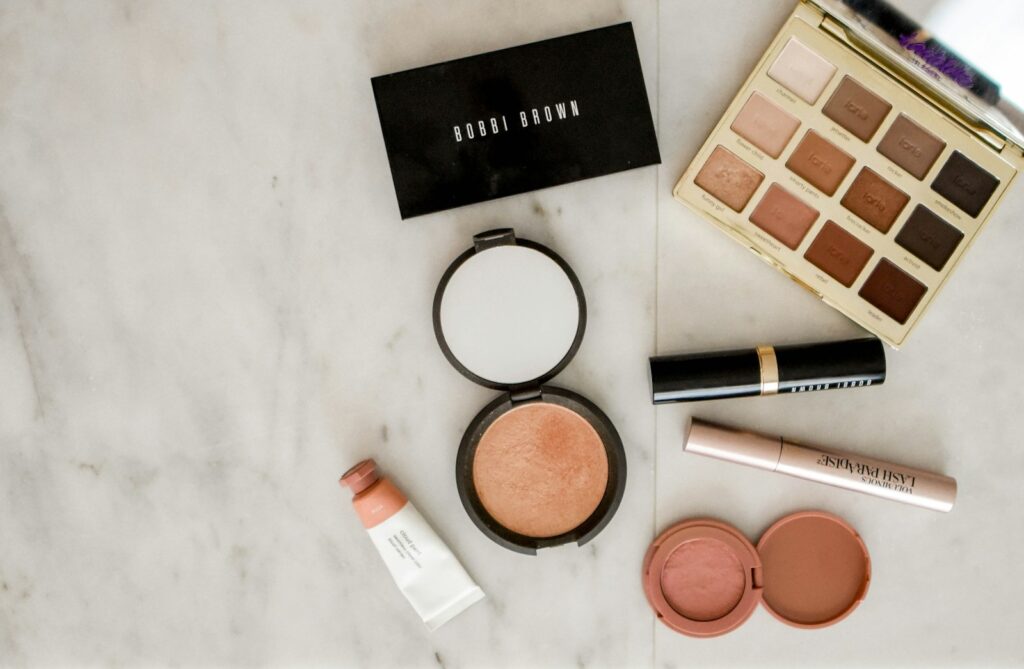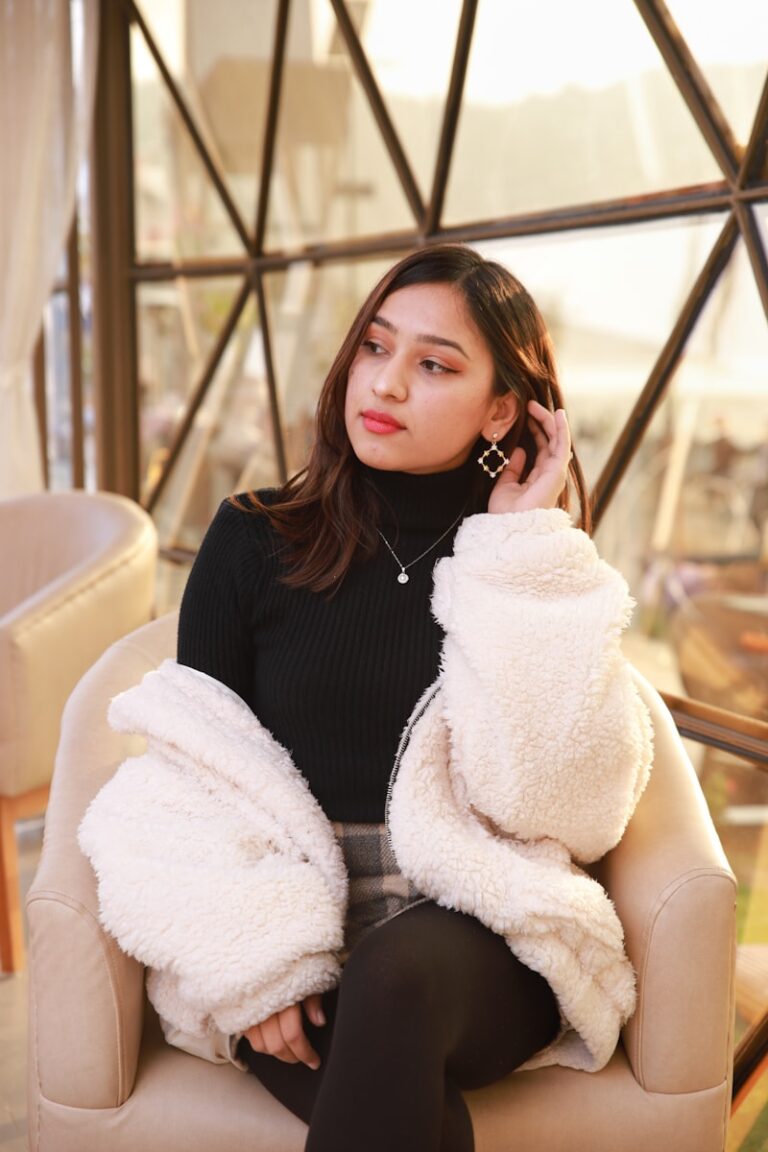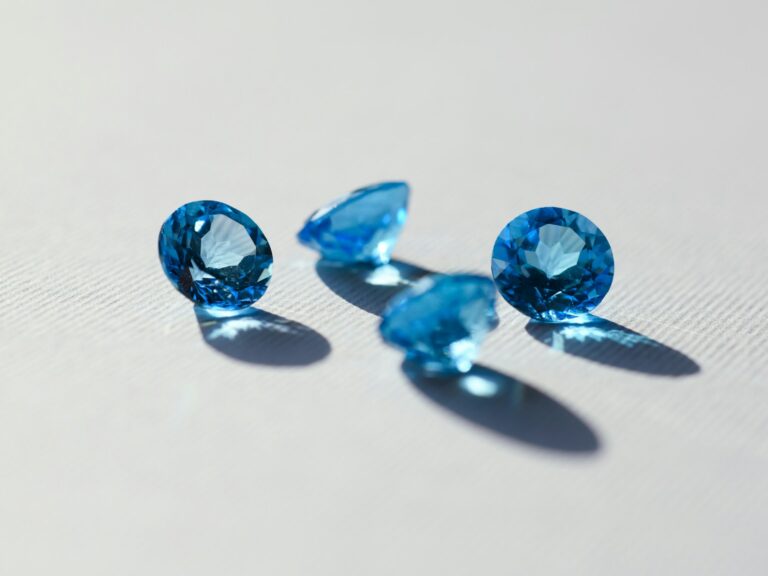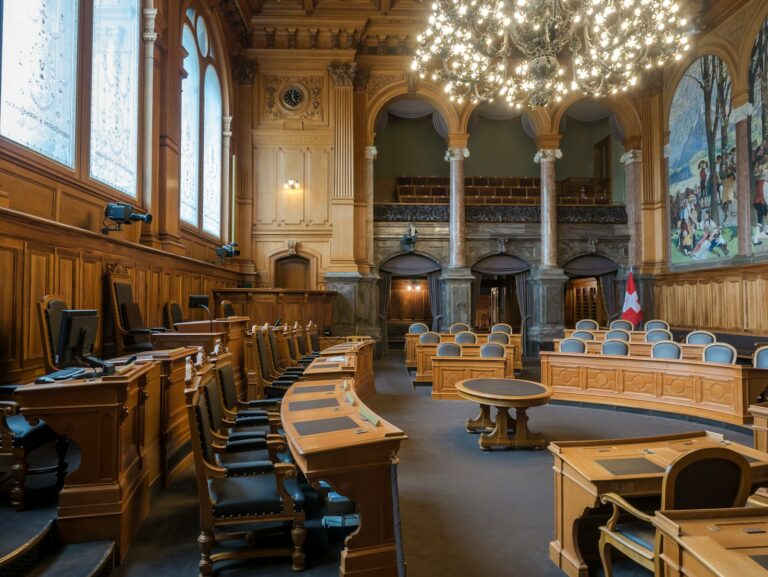
Makeup has been a part of human culture for centuries, used to enhance beauty, express individuality, and boost confidence. However, the question of when it is appropriate to start wearing makeup remains a topic of debate. While there is no universal answer, the best age to start wearing makeup depends on various factors, including personal readiness, cultural norms, and parental guidance.
Childhood and the Introduction to Makeup
Many children are introduced to BnD online creams at an early age through play, experimenting with lip gloss, glitter, or face paint. At this stage, makeup is often seen as a fun activity rather than a daily necessity. However, wearing makeup regularly at a very young age is generally discouraged, as it may interfere with skin health and self-perception.
Pre-Teen Years (Ages 10-12): Exploring Makeup Lightly
By the time children reach their pre-teen years, many begin showing interest in makeup, often influenced by social media, friends, or family members. A light introduction to makeup, such as using tinted lip balm or clear mascara, can be appropriate at this stage. It allows young individuals to express themselves without feeling pressure to conform to beauty standards. Parents play a crucial role in guiding their children on appropriate makeup choices and ensuring they maintain a positive self-image.
Teenage Years (Ages 13-18): Experimentation and Expression
The teenage years are when most people begin wearing makeup more regularly. Many teens start with minimal products, such as concealer, mascara, or lip gloss, and gradually experiment with foundation, eyeliner, and eyeshadow. At this age, makeup can serve as a form of self-expression, creativity, and confidence-building. However, it is important for teenagers to learn proper skincare routines to prevent acne and other skin issues caused by makeup.
Adulthood (Ages 18 and Beyond): Full Independence in Makeup Choices
By adulthood, individuals have the freedom to wear makeup however they choose. They may use it for professional settings, special occasions, or daily wear. Unlike younger ages, where parental guidance is often involved, adults have full independence in choosing their makeup style, products, and frequency of use.
Factors to Consider When Starting Makeup
- Skin Health: It is essential to use age-appropriate products and maintain a skincare routine to avoid damage.
- Confidence vs. Insecurity: Makeup should enhance confidence, not become a necessity to feel beautiful.
- Parental Guidance: For younger individuals, parents should offer support and set reasonable boundaries.
- Cultural and Social Norms: Some cultures have different perspectives on makeup use at various ages.
Conclusion
The best age to start wearing makeup varies from person to person. While young children may enjoy playing with makeup, pre-teens can begin with minimal products, and teenagers often experiment more freely. Ultimately, the decision should be based on personal comfort, parental guidance, and responsible usage. Makeup should be a tool for self-expression and confidence, not an obligation to fit societal beauty standards.





